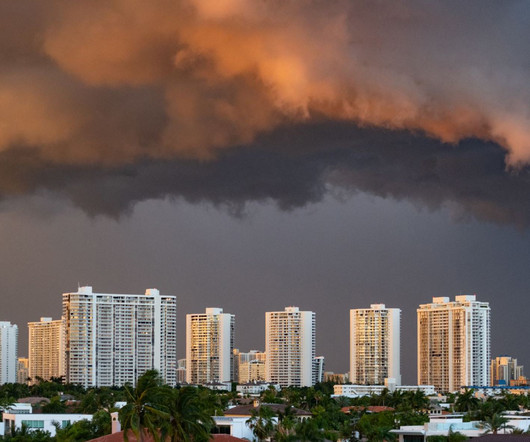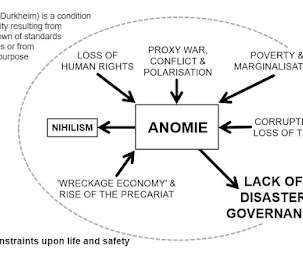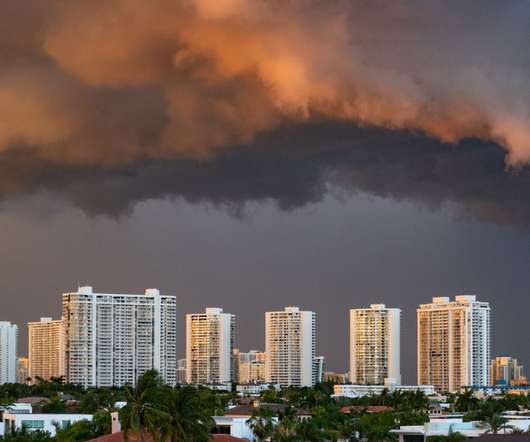Community Resilience or Community Dystopia in Disaster Risk Reduction?
Emergency Planning
FEBRUARY 6, 2020
In disaster risk reduction circles, there is an almost desperate reliance on 'community' and a strong growth in studies and plans to "involve the community" in facing up to risks and impacts (Berkes and Ross 2013). Encyclopedia of Crisis Management. However,'community' is contentious concept (Barrios 2014).













Let's personalize your content